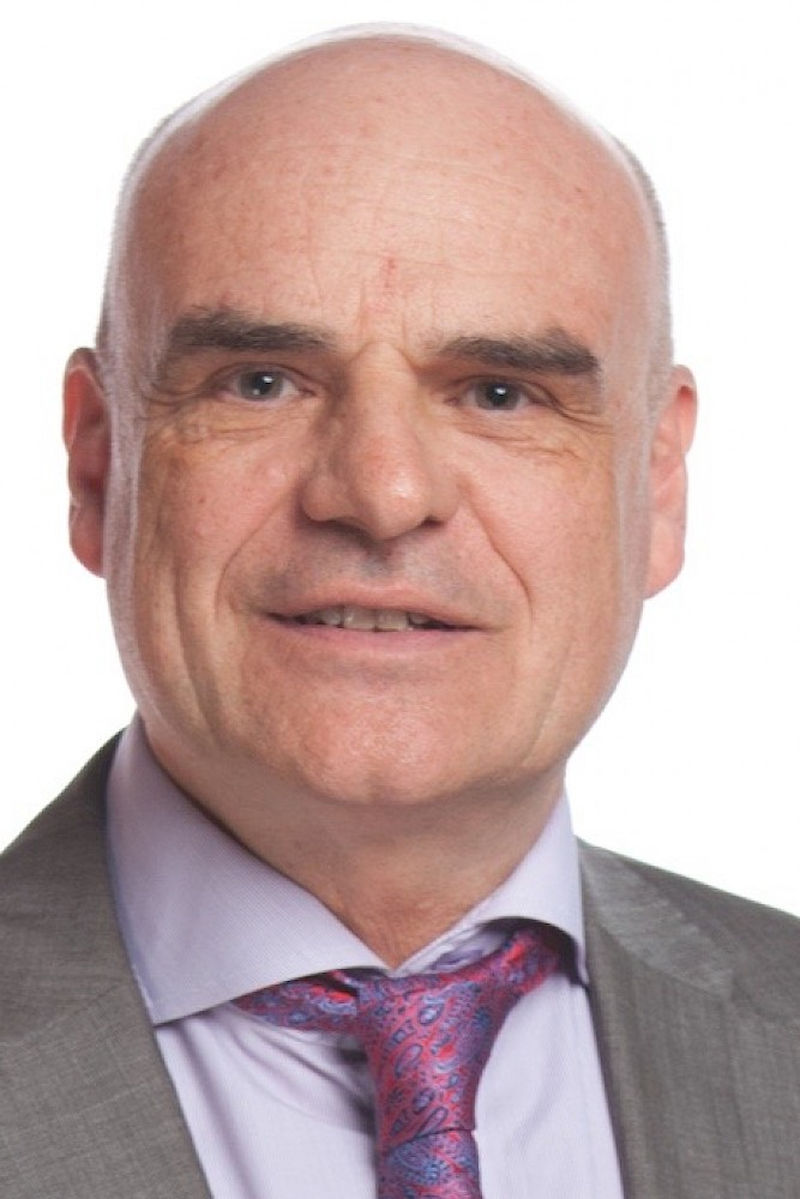The market value of morality

The emissions scandal involving Volkswagen and other car manufacturers – and the financial scandal surrounding the payment service provider Wirecard – are two of the big affairs that have rocked the German economy in the recent past. Those affiliated with Volkswagen had apparently been aware of the manipulation of emission values for years without ever actually doing anything about it. Wirecard is a German company that filed for bankruptcy in June after its financial statements had been massively falsified. Both of the shady schemes were presumably kept quiet by several employees. But how can we prevent such economic crimes? Professor Kai-D. Bussmann, Chair of Criminal Law and Criminology, has been investigating this question for the past few years with his colleagues, sociologist Andreas Schroth and economist Sebastian Oelrich. Based on their studies, they want to launch a university-based start-up that will focus on corporate culture as a key factor for compliance.
Compliance is a term used in business to describe a company’s adherence to laws, guidelines and its own codes. According to Bussmann, compliance management has risen in popularity over the past ten to fifteen years. One of the reasons for this development is the fact that companies have been under increasing state pressure for several years; the USA in particular has tightened its anti-corruption laws, requiring companies to prove the existence of effective compliance measures. This is compounded by the high transparency levels demanded by international rating agencies and the media. “Companies are following suit, because it’s what is expected of them”, says Bussmann. A large undertaking without a compliance management system seems suspicious; such schemes are now found at three quarters of German companies with over 500 employees. It is now even seen as a competitive advantage. “We’ve managed to give the compliance idea a market value on a seemingly global scale”, states Bussmann.
Even Wirecard and Volkswagen had a compliance management system. “However, it would appear their incentive structures didn’t match their compliance objectives”, explains Andreas Schroth. This is underlined by Bussmann, who argues that purely formal compliance management systems are not enough to prevent crime – they are merely cosmetic.
This is where their new company comes in: The researchers have developed a tool to analyse the impact of compliance measures at multinational companies as part of two international projects on the preventive effect of anti-corruption schemes; the studies were funded by the Deutsche Forschungsgemeinschaft (DFG). “We put together a web-based questionnaire in several languages that worked in different countries and cultures”, says Bussmann. The researchers conducted over 6,000 surveys with a focus on Germany, China, India and Russia.
This scientific groundwork formed the basis for the “Compliance Culture Scan” (CCS) – this is the name of the product that the founders want to offer through their start-up. They have deliberately included the word “culture” in the name, because it is about evaluating corporate culture. Do employees feel like their superiors are observing the rules? Do they report infringements? Are whistle-blowers protected against discrimination? “Corporate culture is an essential building block for good compliance work”, says Bussmann, as shown by the two studies conducted during the DFG projects. However, it has hardly ever been systematically investigated in previous evaluations and certifications, even though this is actually required. “According to international guidelines, corporate culture must be taken into account during company audits”, says Sebastian Oelrich. However, such evaluations are often limited to a few on-site interviews. The CCS allows a large sample of employees to be anonymously surveyed. The researchers even offer a complete software package that can be used to send out, evaluate and easily evaluate customised questionnaires.
According Bussmann, companies can even use the CCS to examine other corporate goals, such as how they deal with mistakes, bullying and discrimination. “We want to make the measuring tools available to companies that are looking to consciously develop their corporate culture to prevent criminal offences and misconduct”.
The team is currently in the funding phase; the start-up will be launched from September 2021. Bussmann, Schroth and Oelrich are analysing its market potential and trying to find possible business partners with the support of the Transfer and Entrepreneurship Office at the University of Halle. The project is being sponsored by the State of Saxony-Anhalt with resources from the European Regional Development Fund as part of the “ego.-Gründungstransfer” project.
“This means we do not have to rely on private venture capitalists at the moment”, says Bussmann. He sees the start-up as the continuation of a scientific project. “Let’s just say I have a missionary spirit – as a professor and now as an entrepreneur as well”. The 65-year-old researcher has already put back his retirement plans. By founding a company, Bussmann wants to play a part in Germany’s development as a business location. “White-collar crime throws a spanner in the works of the market economy”. And last but not least, the economic area of Halle / Leipzig is also close to his heart. “We hope to create new jobs”.
Professor Kai-D. Bussmann
Department of Law
Telephone: +49 345 55-23116
Mail: kai.bussmann@jura.uni-halle.de

